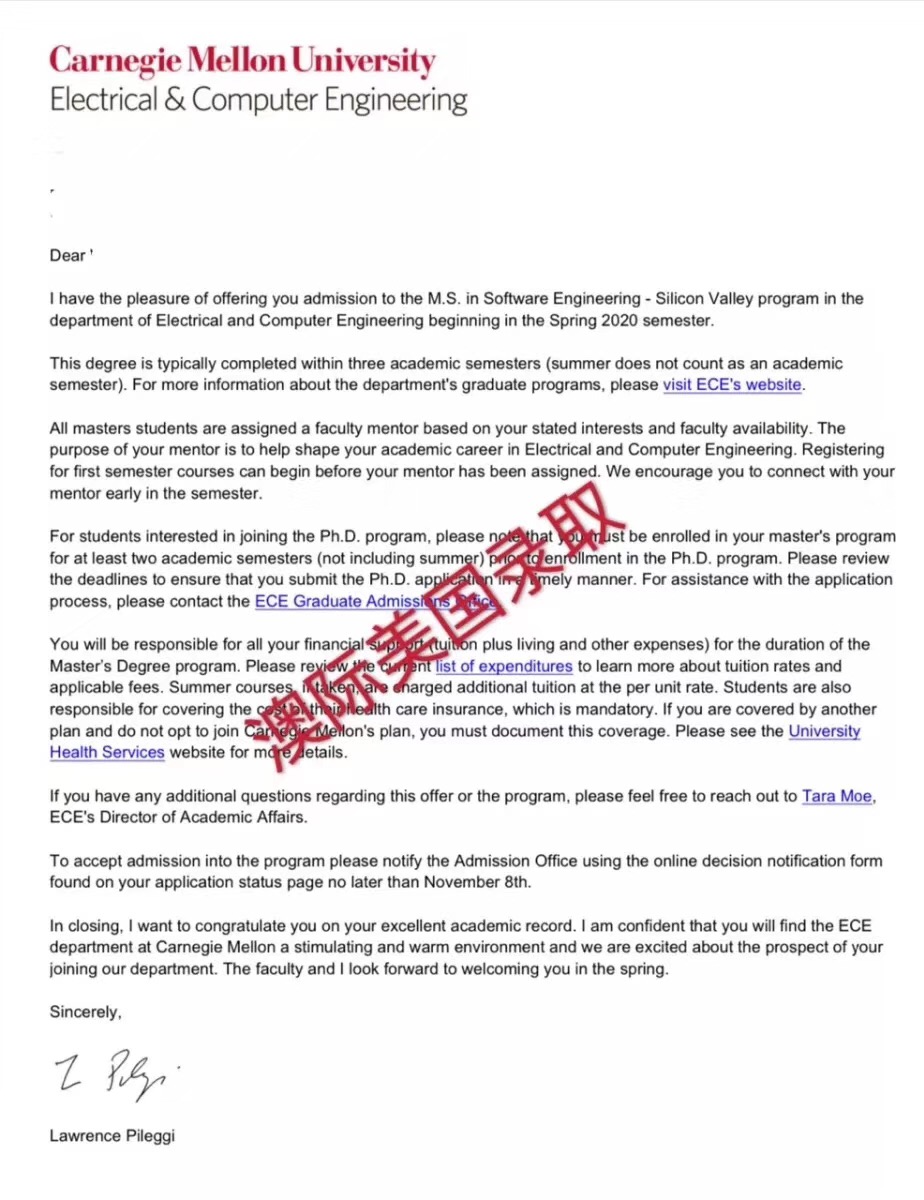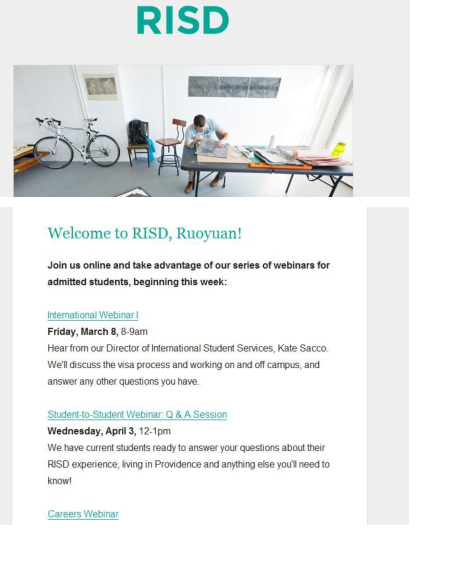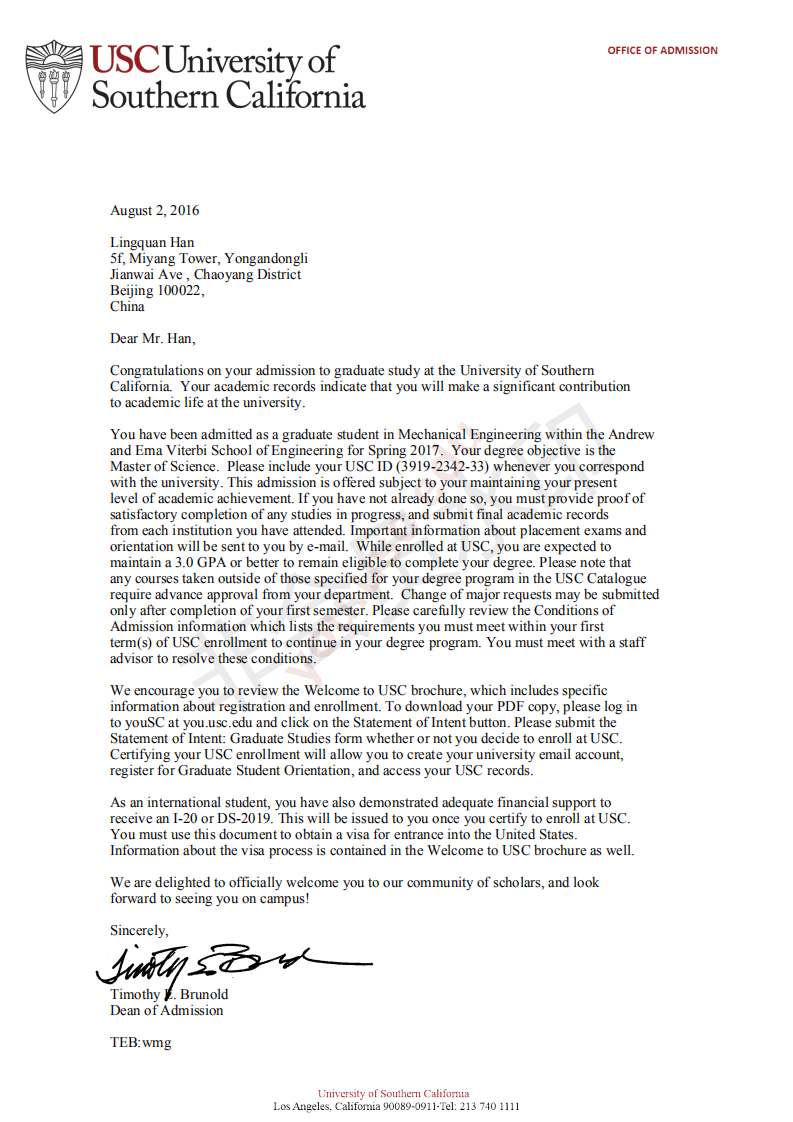哈佛如何挑选MBA申请者
2017-03-24 380阅读
Harvard Business School received a record-breaking 10,382 applications for the current first-year class. Admissions director Brit Dewey -- an HBS alumna herself, class of '96 -- had to sift through that huge pile to put together the Class of '04. She and second-year student Deana Menkes recently spoke with BusinessWeek Online management-education reporter about what Harvard is looking for in MBA applicants. Following are edited excerpts of their conversation: [b][b] Q: Harvard Business School applicants must submit their applications online. When you receive an application, how is it evaluated? What gets looked at first, and by whom?[b] Dewey: The application has several components -- transcripts, recommendations, essays, the résumé, the description of work experience, outside activities. All of that is in the application, so it's reviewed by a member of the admissions board. It gets reviewed again by another member of the admissions board. Then, for the strongest candidates, the evaluation process can include an interview. We take [the interview] into account and make the final decision based upon all the information that we have from each of the reviews. Q: Is there a specific process, or are members of the admission board able to vary the ways in which they review people?[b] Dewey: People have different styles. But what we're trying to do is look at all the information in the application in order to get a strong sense of who the candidate is and the strength of that candidate on three things. The first is academic ability. We look at transcripts, the Graduate Management Admissions Test (GMAT), rigor of work experience, and the Test of English as a Foreign Language (TOEFL), if applicable. Second, we try to assess the strength of a candidate's leadership experience. That can be from outside of work, in informal or formal roles. The third criterion is your personal qualities and characteristics. Q: And that comes out in the interview?[b] Dewey: From essays, recommendations, through the applicant's voice, perspective, and insights. Also from the interview, if we do one. Q: HBS interviews all admitted candidates, with the help of about 80 alumni interviewers. Do you have sense of how much of your applicant pool gets interviewed?[b] Dewey: We don't have a target for how many people to interview each year. So it really depends on the quality of the applications. As we review the applications, we determine who are the strongest candidates, and interview them. Q: So last year, what percentage of applicants got an interview?[b] Dewey: I don't know off the top of my head. But of those who were interviewed, I'd say at least half were offered admission. Q: Leadership gets a distinctive emphasis at Harvard Business School. What qualities does a leader have in the admission committee's eyes?[b] Dewey: We could talk at length about this. I don't think there's one set dinition of a leader or of leadership. But certainly I think that there's an element of initiative -- desire to have an impact on the communities that you're involved in. Motivation. Empathy. Sense of humor. Q: Deana, what stands out to you about the leadership qualities that you see in some of your classmates?[b] Menkes: Leadership isn't something that's always exhibited in a professional environment. I've been able to interact with folks who have experience in leading hikes up the major mountains of the world or have taken active roles in nonprofit organizations or even started them up. The application of leadership skills is not always just in the workplace. Q: Many applicants to Harvard Business School come from consulting and banking, where it's typical to enroll for the MBA as early as two years after undergrad. How can these types of applicants demonstrate leadership?Dewey: People often think that leadership equates to having had a formal leadership, such as managing a division, managing a team, having had direct reports. I think of leadership as much broader than that. I see and read and talk to people about great examples [of leadership] in a context where they aren't leading the deal, the case team, or the project. But when they're faced with challenges, and have to work with other people and be strong individual contributors, they do it very fectively. They have some tremendous insights about why they've been successful and how they could be more fective. They also have been in situations where they've had role models who were both successful and less successful leaders. Those have been great learning experiences for them and have helped them develop their capabilities. Q: Another element you stress on your application is essays, seven of which are required. You ask applicants to describe an ethical dilemma they've faced. How long has HBS been asking that question?[b] Dewey: We have asked that question many times in the history of Harvard Business School. We ask people to talk about these dilemmas to get a sense of their values. We also want to hear from recommenders about a candidate's ethics and behavior in the community. That's new for us -- specifically asking a question to a recommender: "Please comment on this person's character, conduct, and how they are as a member of your community." Q: Has anything you've heard from recommenders surprised you?[b] Dewey: One of the things that has pleasantly surprised me is that recommenders say they're happy we've asked that question and flagged ethics as something that's important to us. Q: Given that we've seen so many examples of ethical lapses in the business world of late, are applicants reacting differently to this question than they did in years past?[b] Dewey: I certainly think that given recent experiences, there might be more for people to think about. But each candidate answers differently. Ethical dilemmas can exist one-to-one, or on a one-to-very-many, organizational level. We're really not looking for a right answer. We want to learn about how people think about the question. 转贴于:forum.chasedream.com 澳际家园地址:[url=立即咨询
留学咨询
更多出国留学最新动态,敬请关注澳际教育手机端网站,并可拨打咨询热线:400-601-0022
留学热搜
相关推荐
- 专家推荐
- 成功案例
- 博文推荐

Copyright 2000 - 2020 北京澳际教育咨询有限公司
www.aoji.cn All Rights Reserved | 京ICP证050284号
总部地址:北京市东城区 灯市口大街33号 国中商业大厦2-3层









高国强 向我咨询
行业年龄 13年
成功案例 3471人
留学关乎到一个家庭的期望以及一个学生的未来,作为一名留学规划导师,我一直坚信最基本且最重要的品质是认真负责的态度。基于对学生和家长认真负责的原则,结合丰富的申请经验,更有效地帮助学生清晰未来发展方向,顺利进入理想院校。
陈瑶A 向我咨询
行业年龄 17年
成功案例 5146人
拥有大量高端成功案例。为美国哈佛大学、宾夕法尼亚大学等世界一流名校输送大批优秀人才。
齐亚楠 向我咨询
行业年龄 15年
成功案例 4070人
商科案例有哥伦比亚大学等,工科案例有麻省理工大学等,艺术案例有罗德岛大学等。
李君君 向我咨询
行业年龄 15年
成功案例 4157人
成功案例涉及美国排名前60的院校,专业涵盖商科(金融,会计,管理),工科(生物工程,化学工程,计算机科学,电气工程)等热门领域。